B vitamins work collectively and individually in every cell to perform many different jobs, including playing a crucial role in converting food into energy, keeping our metabolism working properly and our cardiovascular system and our hearts strong. B vitamins are essential for preventive care and treatment of many conditions, so as always, good nutrition is tied to good health. As they are water soluble vitamins, they are best eaten fresh and not processed. (Vitamins are lost in canning, freezing and boiling).
Luckily, B vitamins are widely distributed throughout the food supply - so if you’re eating a varied, balanced diet that includes food from all food groups, you’re most likely getting all the B vitamins you need. Some foods are especially good sources of just one B vitamin, while others contain several.
Vitamin B1 - Thiamin
Food sources of thiamin include beef, pork, liver, fish, milk, lentils, nuts, oranges, peas, yeast, asparagus, enriched or fortified cereals and grains such as brown rice, tofu.
Recommended Daily Allowance: Women 1.1mg and men 1.2mg
Vitamin B2 – Riboflavin
The richest food sources of riboflavin include foods such as meat and organ meat, yoghurt, cheese, eggs, green leafy vegetables, beans and legumes and nuts and seeds. Fortified cereals also supply significant amounts of riboflavin.
Recommended Daily Allowance: Women 1.1mg and men 1.3mg.
Vitamin B3 – Niacin
Liver, turkey, chicken breast, salmon, anchovies and canned tuna are all great natural sources of niacin. An 85g (3 ounce) serving of beef liver provides 14.5 mg of niacin. Also mushrooms, peas, fortified cereals, legumes, peanuts and whole wheat products such as bread and pasta.
Recommended Daily Allowance: Women 14mg and men 16mg.
Vitamin B5 – Pantothenic Acid
Pork, chicken, turkey, beef and organ meat, yoghurt, egg yolk and avocado are excellent sources of B5, but it can also be found in a wide variety of food including sweet potatoes, lentils, split peas, mushrooms and broccoli. Other sources of vitamin B5 include brewer’s yeast, peanuts, sunflower seeds, wheat germ, royal jelly and oatmeal.
Recommended Daily Allowance: Men and women 5mg.
Vitamin B6 – Pyridoxine
Vitamin B 6 is often lacking in the average diet, and a deficiency can cause serious health issues. Too little can negatively affect your central nervous system. Pyridoxine rich foods include turkey breast, grass fed beef, chicken liver, milk, ricotta cheese, salmon and tuna, carrots, spinach and sweet potato, chickpeas, bananas, fortified cereals and avocado. Pistachios, sunflower seeds and sesame seeds are also beneficial.
Recommended Daily Allowance: Women 1.3mg and men 1.7mg.
Vitamin B7 – Biotin
Fortunately, if you are eating a healthy, well-balanced diet you will be getting enough biotin as it is widely distributed throughout the food supply. Salmon, liver, pork, eggs, almonds, and avocado are good sources, as are most fruits and vegetables, cheeses and grains.
Recommended Daily Allowance: (not established)
Vitamin B9 – Folic Acid Or Folate
Filling your plate with foods rich in folate is the best option to meet your daily needs as these foods are also high in essential nutrients important to health. Folate-rich foods include beef liver, spinach, fortified rice and pasta, asparagus, Brussels sprouts, romaine lettuce and avocado.
Recommended Daily Allowance: All 0.2mg
Vitamin B12 – Cobalamin
Animal-derived foods are the only source of B-12 rich foods, including dairy products, eggs, meat fish, poultry and shellfish. Some fortified breakfast cereals will contain vitamin B12. The recommended daily amount of vitamin B-12 is very little. To give you an idea, a can of tuna in water contains 85% the recommended daily intake of vitamin B12.
Recommended Daily Allowance: All 2.4mcg (micrograms)
While the idea of having to get 8 B Vitamins in your diet without a supplement might seem impossible, it's actually not too bad. Most of the foods above contain multiple B Vitamins, so getting them in your diet means you'll likely be killing two or three birds with one stone (or meal in this case).
Happy eating!
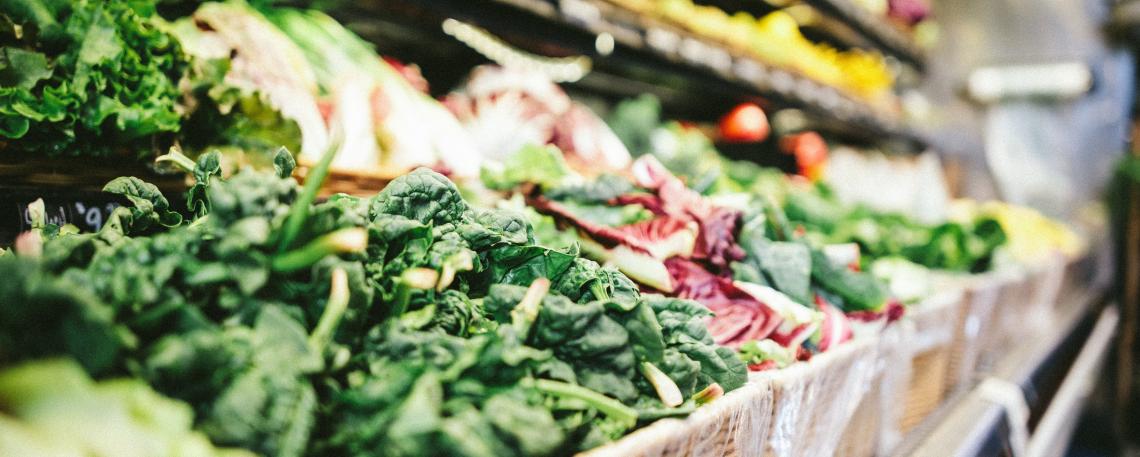
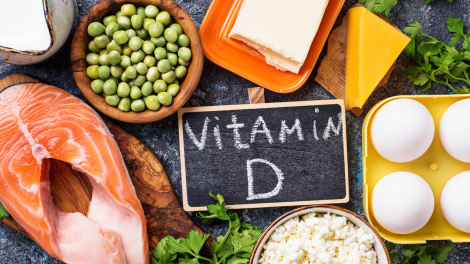

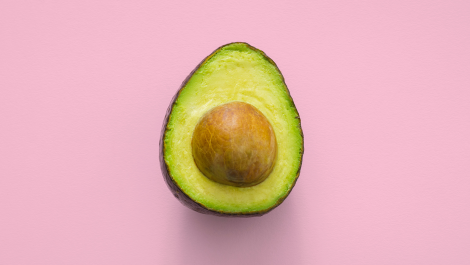
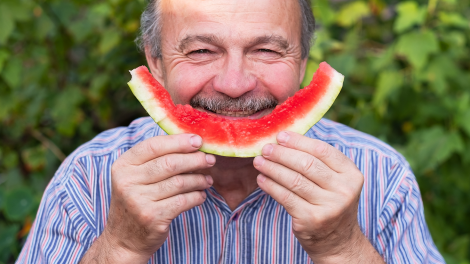
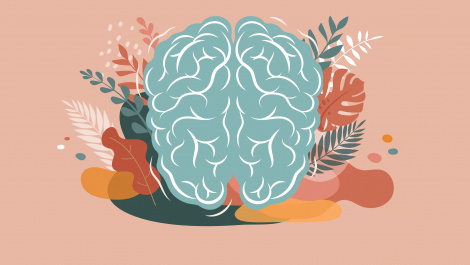

Comments